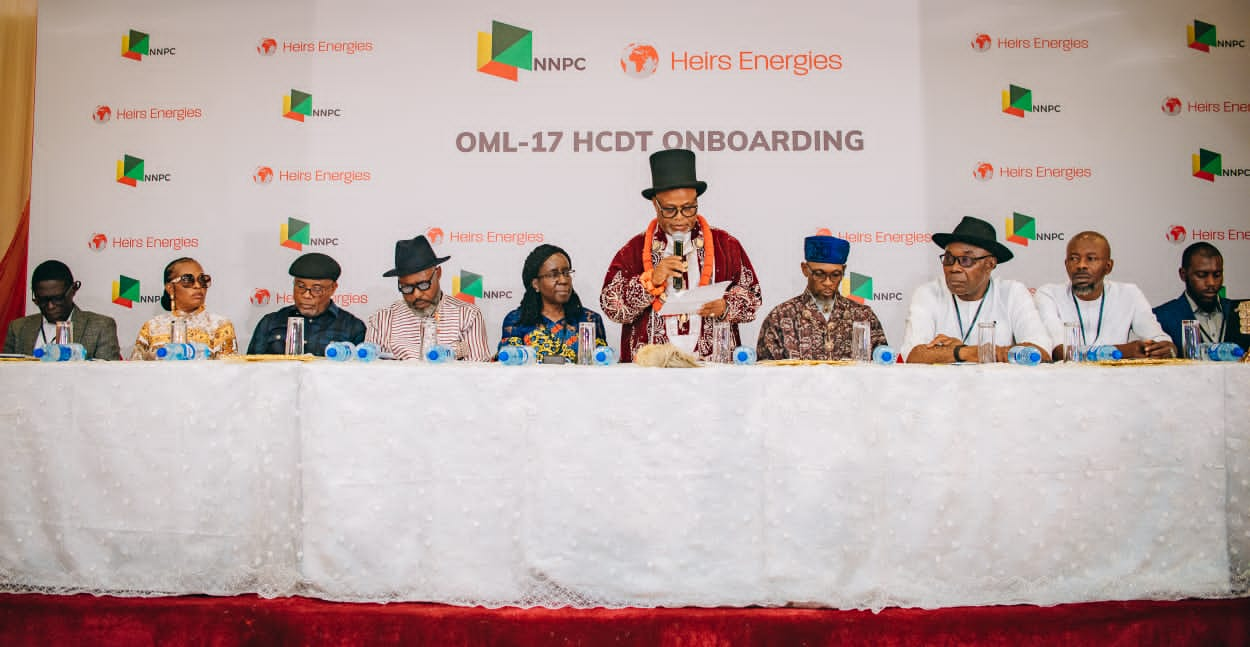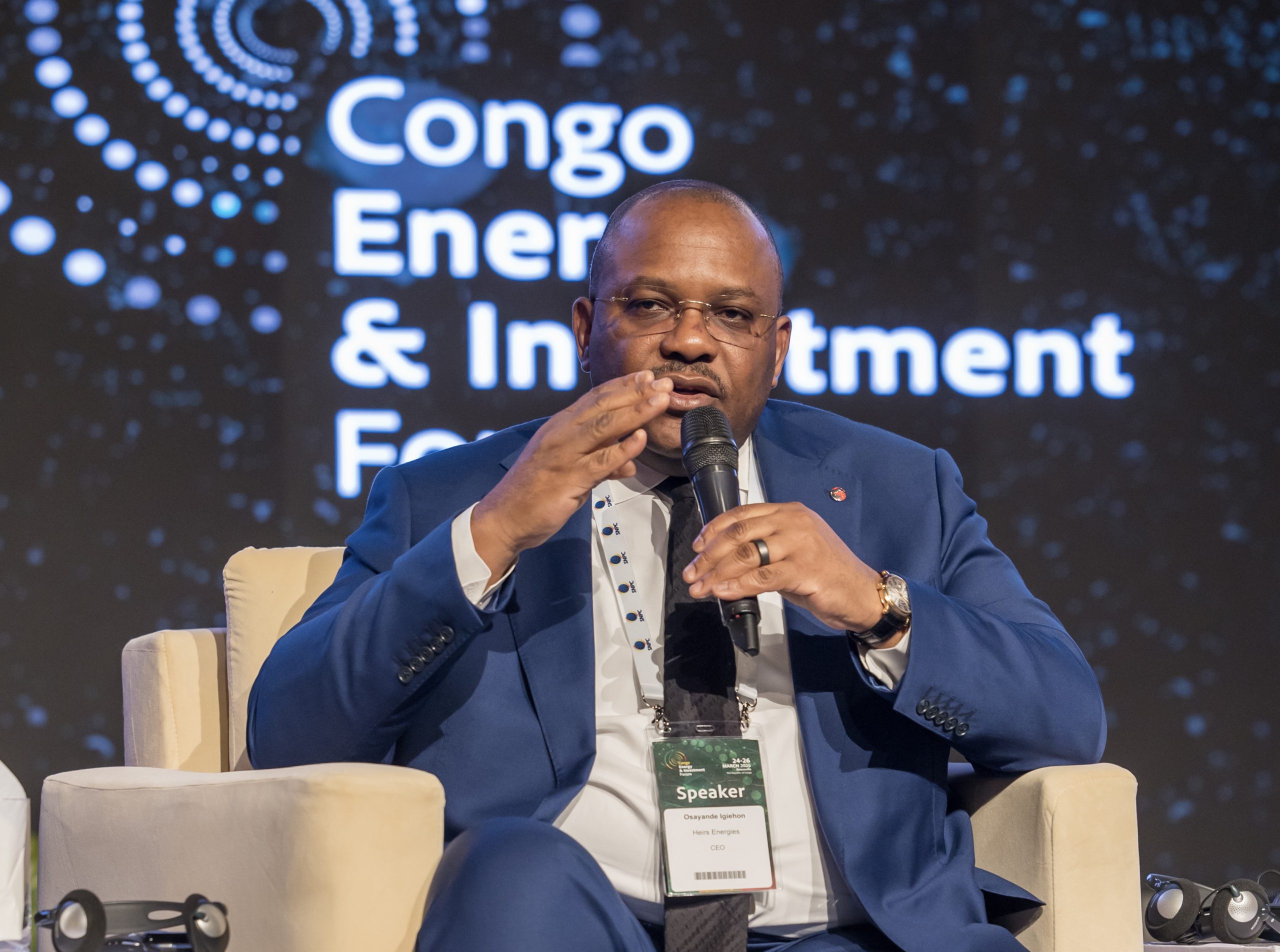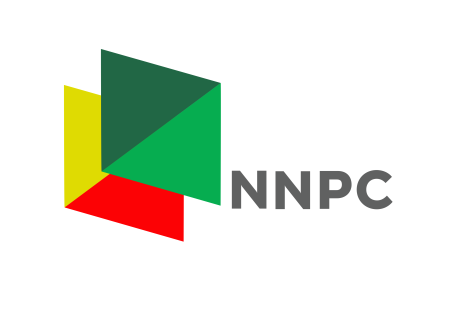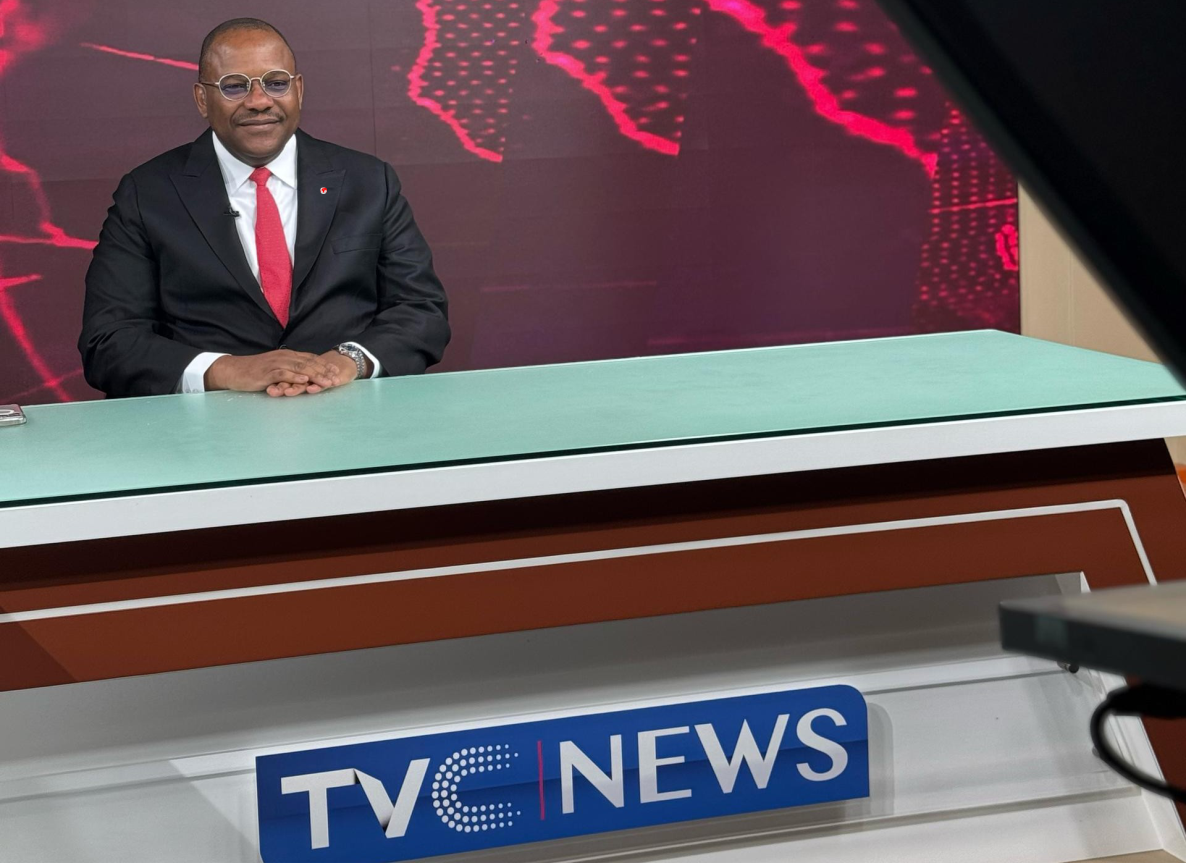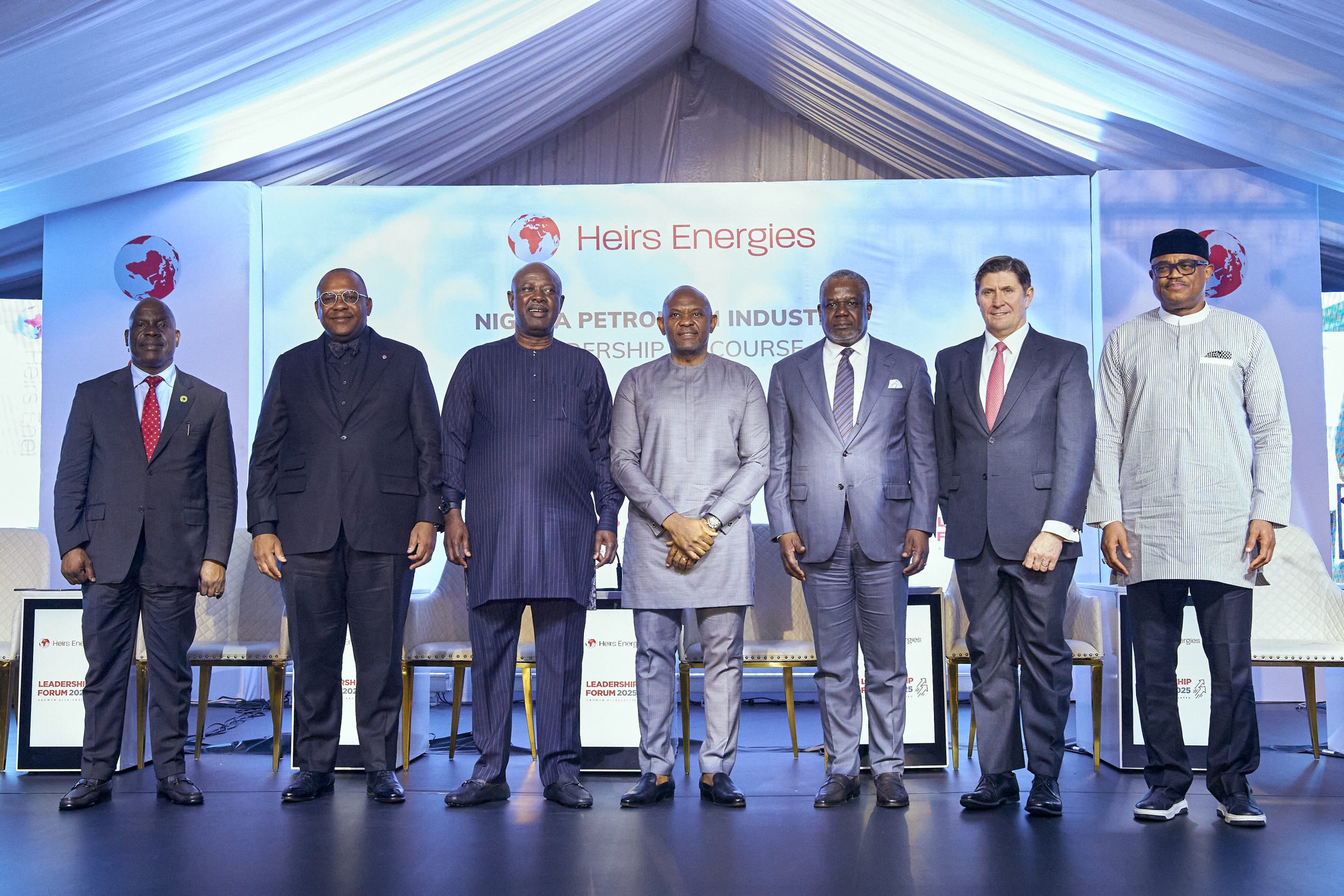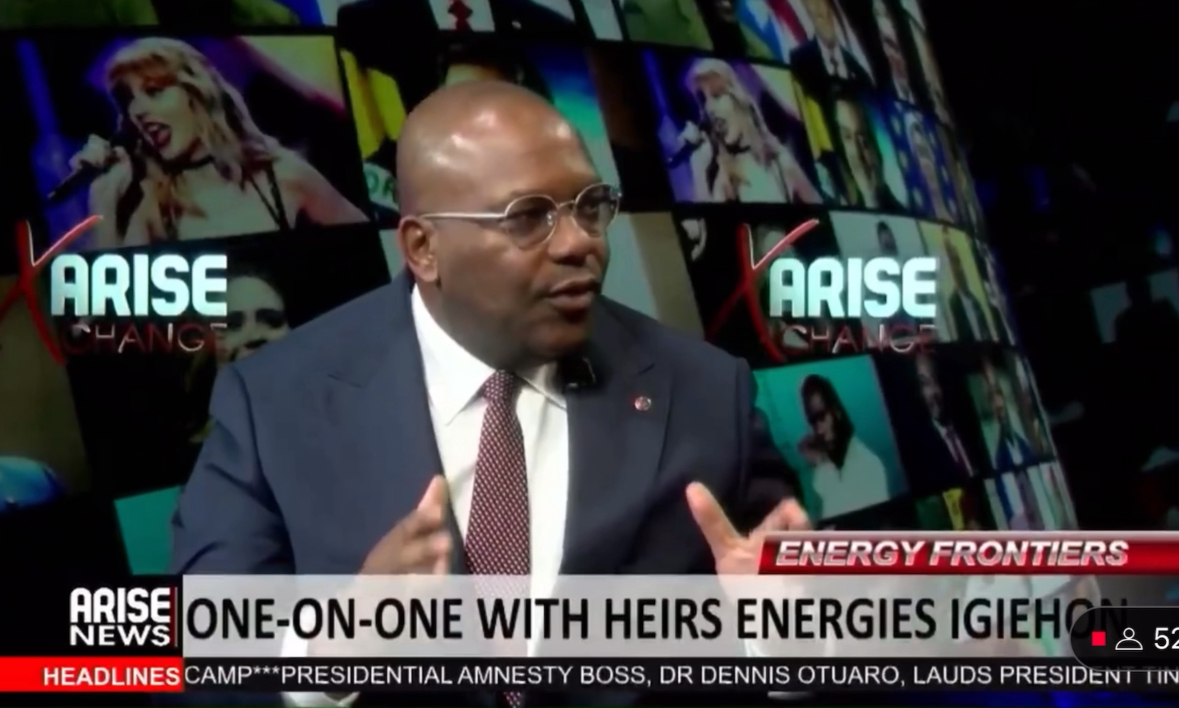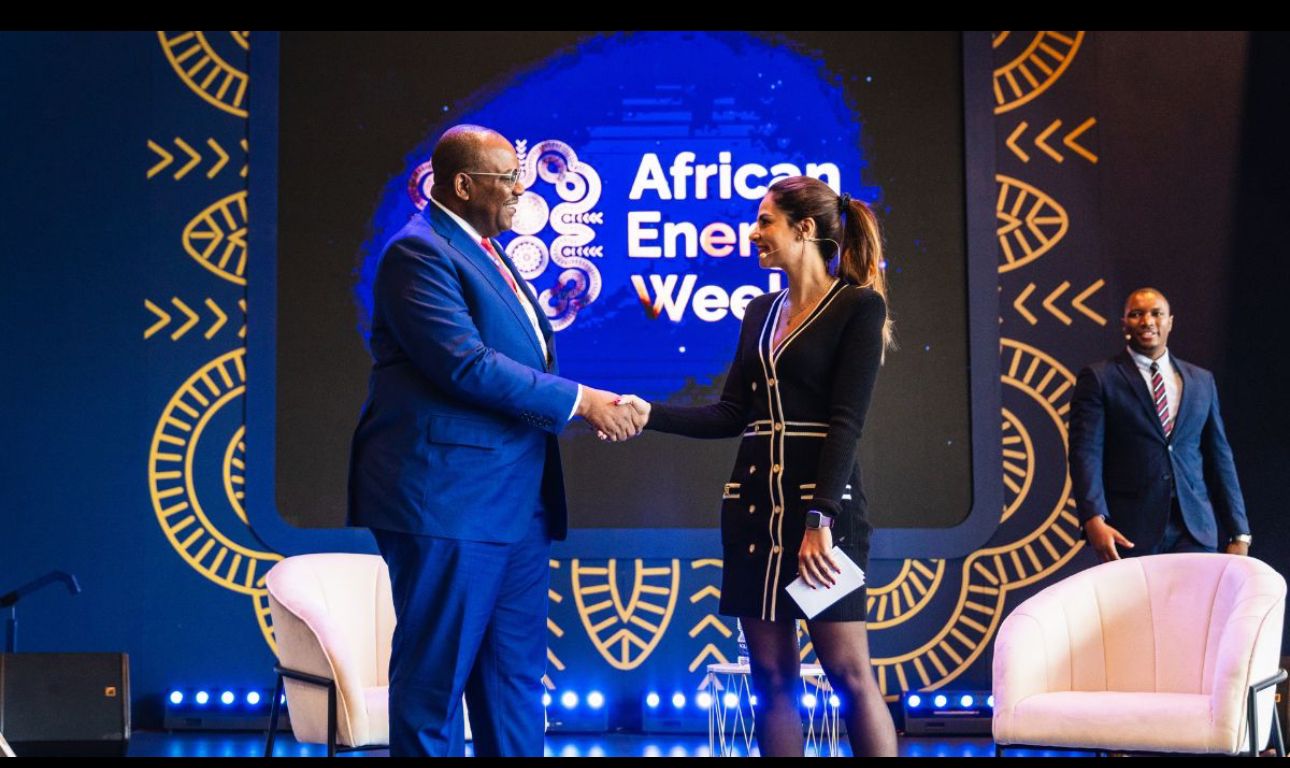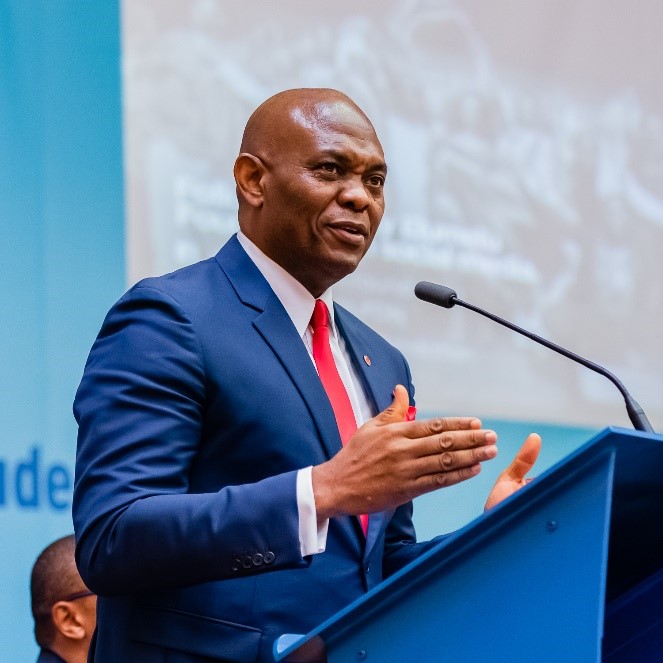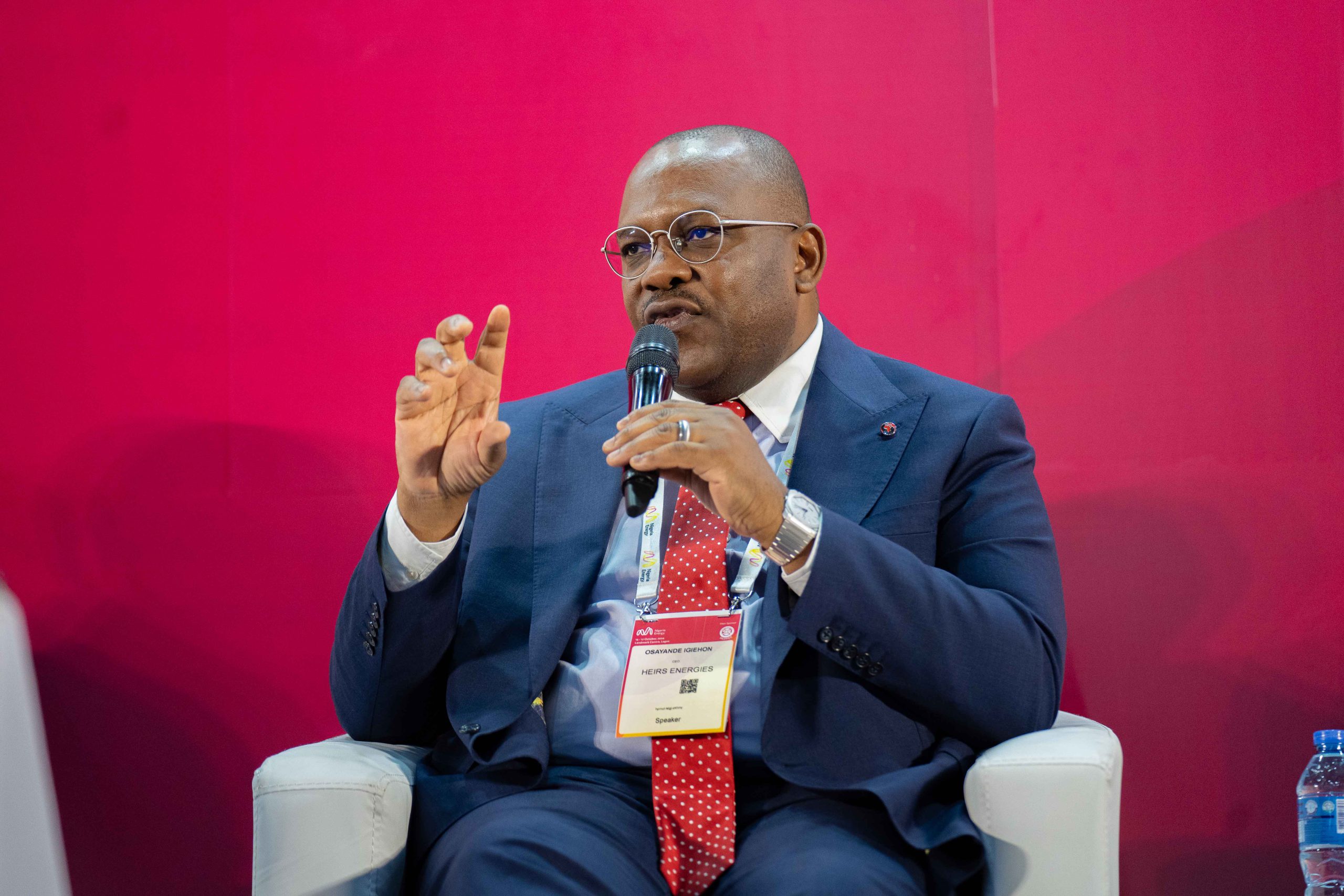
Port Harcourt, Nigeria – 24th June 2025 – Heirs Energies Limited and Renaissance Africa Energy Company have expressed mutual commitment to strategic collaboration following a high-level courtesy visit by Osa Igiehon, CEO of Heirs Energies, to Renaissance’s leadership team, led by Tony Attah.
The landmark meeting, which marked the first formal engagement between the two companies post-Renaissance’s successful transition, focused on mutual priorities and shared commitment to advancing Nigeria’s oil and gas sector through indigenous leadership and innovation.
Speaking during the visit, Osa Igiehon emphasized the significance of indigenous companies leading Nigeria’s energy transformation. “We are happy to connect with the leadership of Renaissance and congratulate them on their successful deal and transition,” said Igiehon. “As indigenous firms, we all have a duty to the continued development of the industry. The thinking and how we approach things will be different now, as we’re both indigenous companies committed to Nigerian excellence and driving unprecedented production growth.”
The CEO highlighted the natural synergy between the two organiations and the transformative potential of their collaboration. “Heirs Energies and Renaissance are closely linked, and we’re looking forward to continued collaboration that will not only benefit our companies, but fundamentally reshape Nigeria’s energy landscape. Together, we have the capability and commitment to accelerate production across our assets and drive the kind of innovation that will position Nigeria as a global energy leader.”
Tony Attah, Managing Director of Renaissance Africa Energy Company, expressed enthusiasm for the partnership, stating: “We are equally happy to connect and engage with Heirs Energies. This collaboration represents a significant step forward as we pursue our shared vision for the industry.”
He emphasized Renaissance’s commitment to driving transformational change across the energy value chain: “Renaissance is on a journey to drive increased production and development across the entire value chain, and partnering with like-minded indigenous companies like Heirs Energies is fundamental to achieving these objectives.”
The collaboration between these two leading indigenous energy companies signals a new era of homegrown expertise and innovation in Nigeria’s oil and gas sector. Both companies bring complementary strengths and shared values that position them to accelerate production growth through innovative approaches, develop local capacity and expertise across the energy value chain, drive sustainable industry practices that benefit Nigerian communities, leverage indigenous knowledge and understanding of local operating environments, and create synergies that enhance operational efficiency and market competitiveness.
Heirs Energies Limited is Africa’s leading indigenous-owned integrated energy company, committed to meeting Africa’s unique energy needs while aligning with global sustainability goals. Having a strong focus on innovation, environmental responsibility, and community development, Heirs Energies leads in the evolving energy landscape and contribute to a more prosperous Africa.

